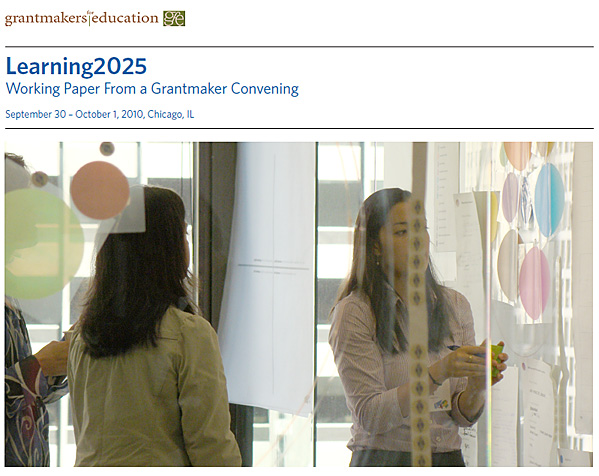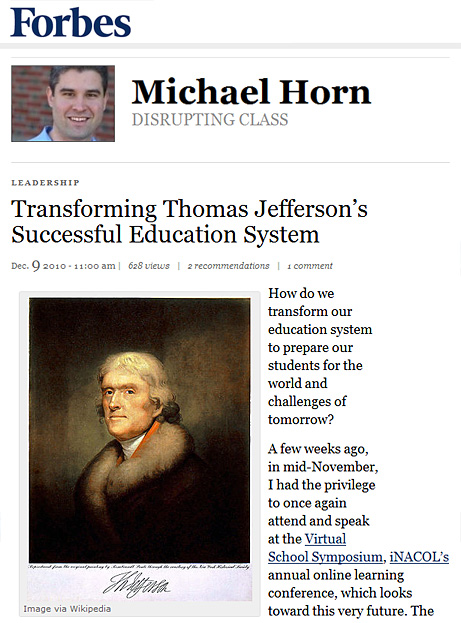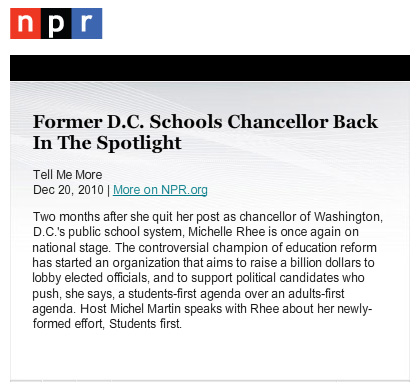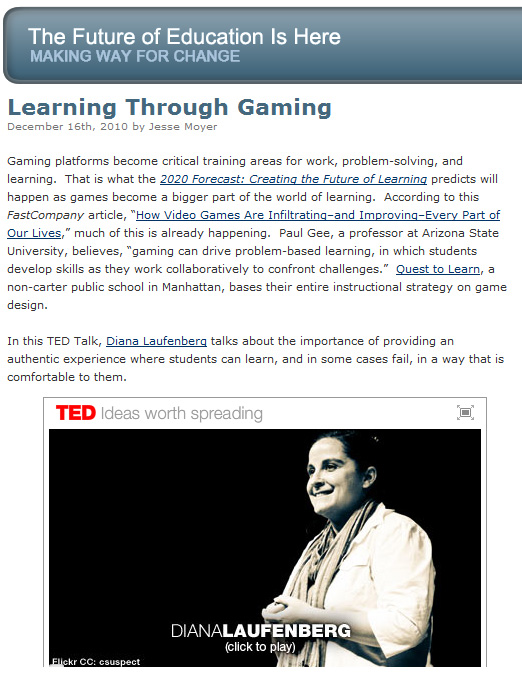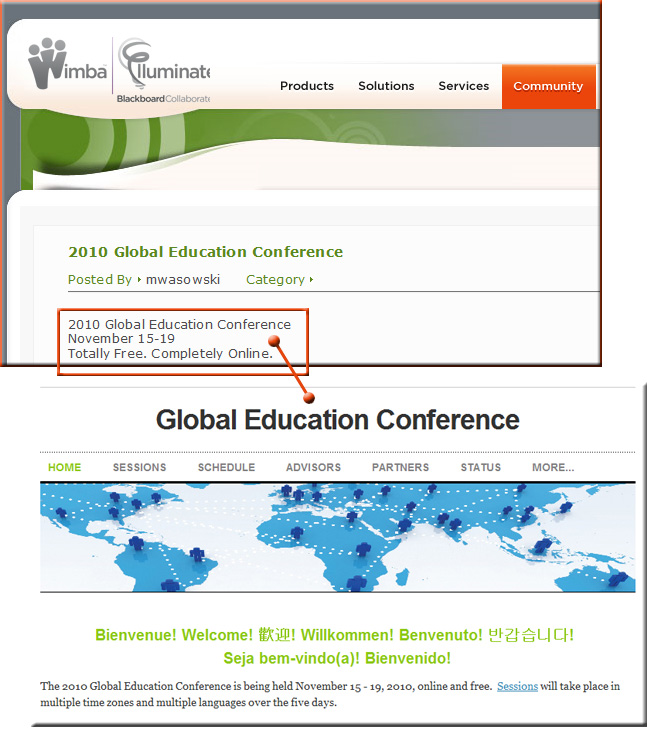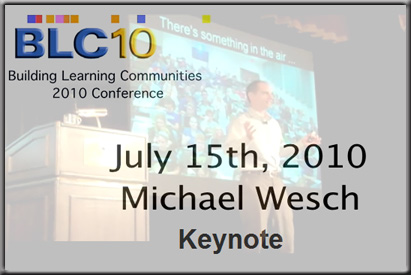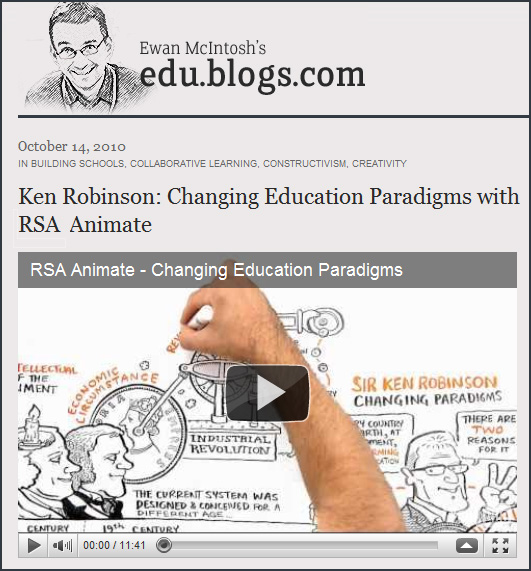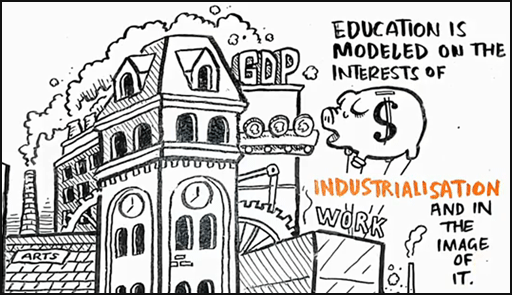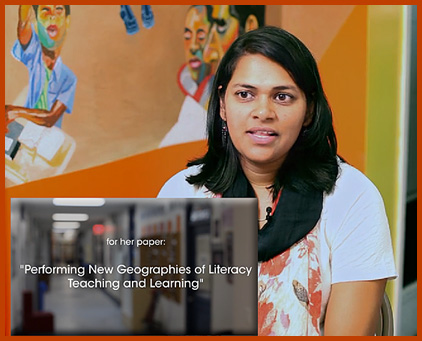
From DSC:
First of all, I got this item from:
One Facet of the Future of Educational Publishing — by Jeff Frank
I really enjoyed watching the Strage Prize video, and it led me to think more about the relationship between online video and the publication of educational research. In my role as Managing Editor of the Teachers College Record, I read a very large number of qualitative and ethnographic studies. While the best of these papers give the reader a strong sense of the subjects and the study location (and the author/researcher), after watching the 2010 Strage Prize video, I was fascinating by how much this video added to my understanding and appreciation of Lalitha’s paper.
…
I think having the two together–the written work and the video/podcast–adds something of unique value. I hope more educational researchers and publishers experiment with these kinds of paired works, because I think they offer readers a wonderful educative experience.
Side note from DSC:
Think interactive, multimedia on an iPad sort of device.
.
Which led me to:
Strage Prize 2010 — by Gary Natriello | October 8, 2010
This video features the work of Lalitha Vasudevan and her paper, “Performing New Geographies of Literacy Teaching and Learning.” The paper focuses on the literacies and digitally mediated lives of youth, and was published in the July 2009 issue of English Education.
The video’s production and publication is supported by the Strage Junior Faculty Prize. The Prize was established in 2009 by Teachers College alumna Alberta Strage and her husband Henry to recognize junior faculty achievement. Alberta also serves on both the President’s Advisory Council and the International Advisory Council for Teachers College. We appreciate both their generosity to Teachers College and support for the work of our junior faculty.
The Prize supports the production of a web video to highlight original and innovative work of a junior faculty member at Teachers College. All currently untenured members of the faculty in tenure-line appointments are eligible to compete for the prize by submitting an article, book chapter, paper, or other original product appearing during the previous year.
Congratulations Professor Vasudevan!









